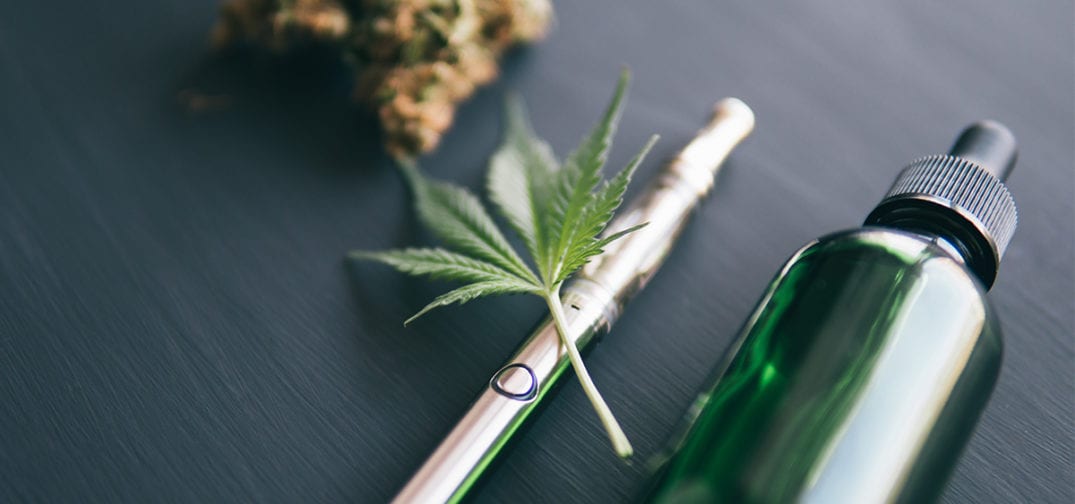The Vermont Agency of Agriculture, Farms, and Markets (AAFM) informed all registered hemp cultivators that Delta-8 THC products are not regarded as legal hemp products in an email sent out last Friday, April 23.
With this statute, Vermont joins 12 other states that have categorized the manufacturing and sale of Delta-8 THC products as illegal under state law; Delta-8 THC has also been banned in Alaska, Arizona, Arkansas, Colorado, Delaware, Idaho, Iowa, Mississippi, Montana, Rhode Island, and Utah.
On their website, Vermont AAFM clarifies the state’s position further by acknowledging that hemp plants naturally produce Delta-8 THC in trace amounts. However, products with intoxicating levels of the cannabinoid are created using isomerization, which synthetically converts CBD to THC.
The Vermont Hemp Rules state that, “A processor shall not use synthetic cannabinoids in the production of any hemp product or hemp-infused product” (6.3). With this rule, the manufacturing, labeling, or sale of any Delta-8 product in the state of Vermont would violate state law. As such, anyone who distributes, uses, or possesses one of these products may face criminal penalties in the state.
Many CBD retailers have seen great financial gains due to the recent proliferation of Delta-8 throughout the states. This clarification may heavily impact their newfound revenues.
Meanwhile, the hemp industry in Alabama recently praised lawmakers there after they pulled an amendment proposal that would have categorized Delta-8 THC and Delta-10 THC as controlled substances.
Editor’s note: A previous version of this article incorrectly stated that Kentucky was among the states that have banned Delta-8 THC products.
Get daily cannabis business news updates. Subscribe
End
